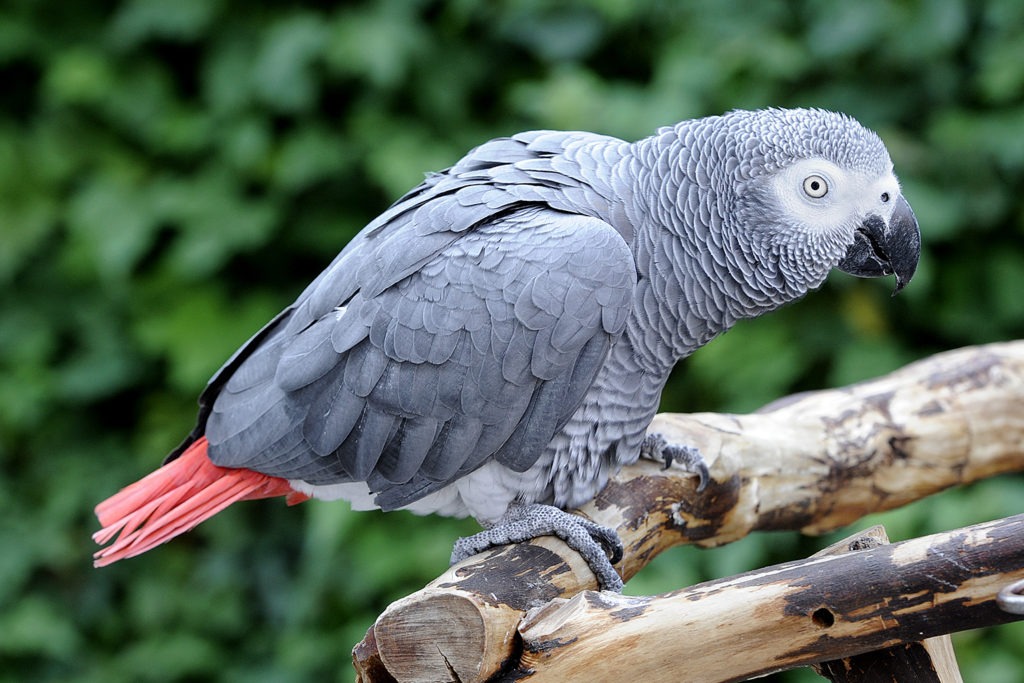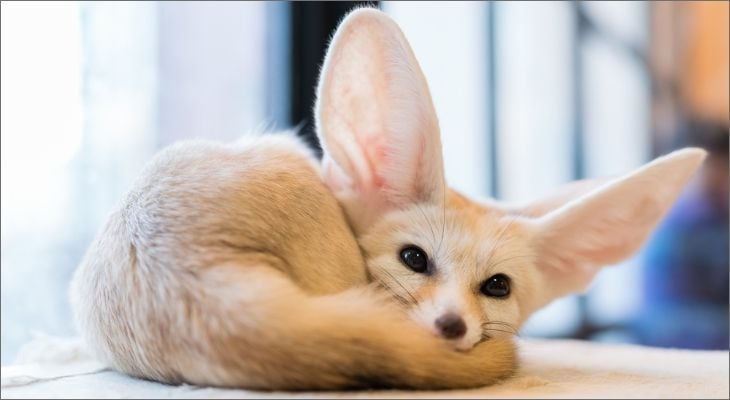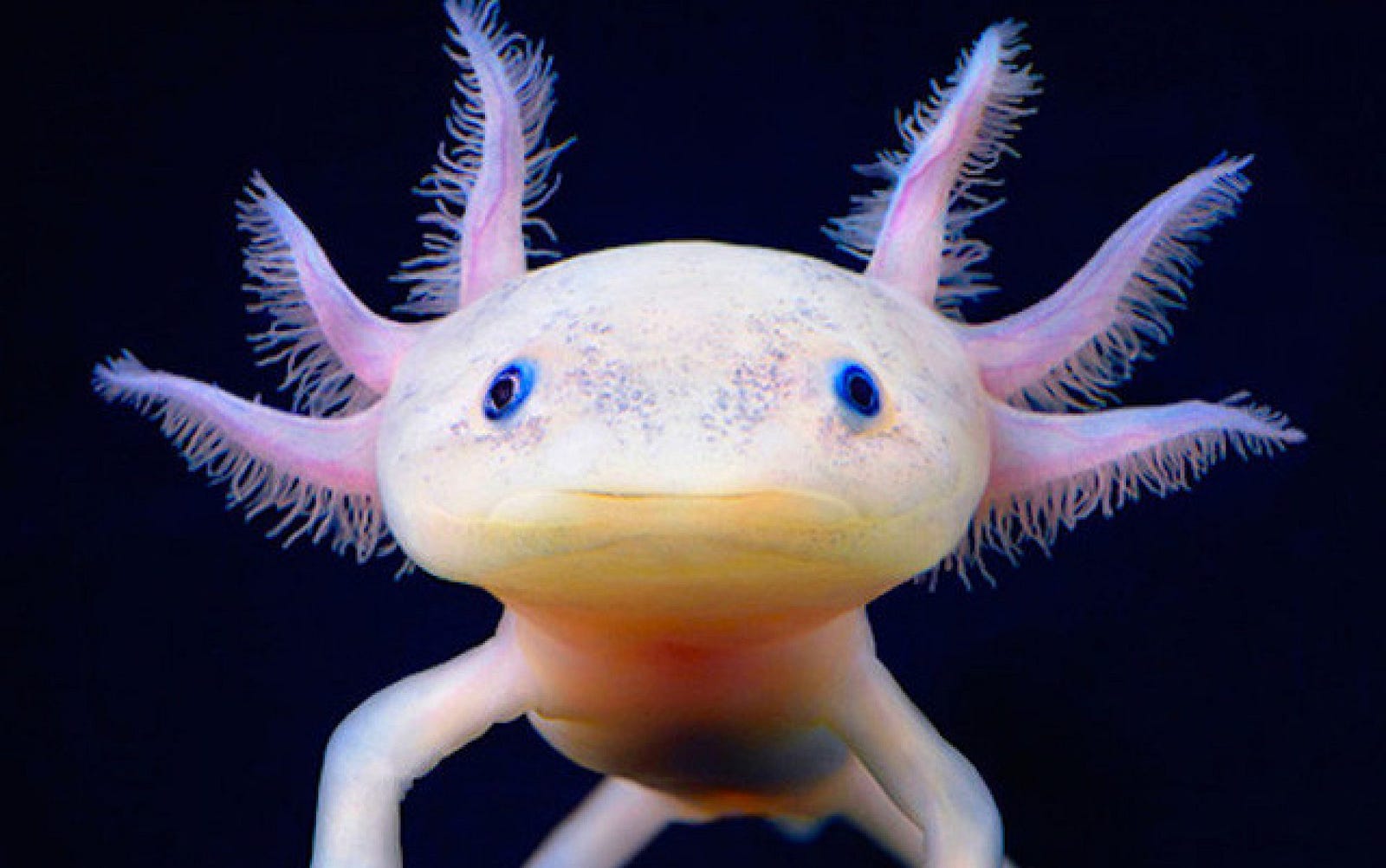The Most Exotic Pets You Can Legally Own
The allure of owning exotic pets lies in their uniqueness and the opportunity to connect with nature in a more intimate and unusual way. From vibrant reptiles to playful mammals, exotic pets can offer companionship and fascination that traditional pets may not.
However, it's crucial to understand the legalities and responsibilities involved in owning such animals.
This article explores some of the most exotic pets you can legally own, delving into their care requirements and the legal considerations you must keep in mind.
Reptilian Wonders: Snakes, Lizards, and Turtles
Ball Pythons Ball pythons are one of the most popular exotic pets due to their manageable size, docile nature, and relatively simple care requirements. Native to Africa, these snakes typically grow up to four or five feet in length and can live up to 30 years in captivity.
Ball pythons are one of the most popular exotic pets due to their manageable size, docile nature, and relatively simple care requirements. Native to Africa, these snakes typically grow up to four or five feet in length and can live up to 30 years in captivity.
Their calm demeanor makes them suitable for handling, though potential owners must ensure they provide a secure enclosure, appropriate heating, and a diet of pre-killed rodents.
Leopard Geckos
Leopard geckos are small, nocturnal lizards native to the arid regions of Afghanistan, Pakistan, and India. Their striking patterns and gentle temperament make them a favorite among reptile enthusiasts.
Leopard geckos require a warm, dry habitat with hideouts and a substrate suitable for burrowing. Their diet consists of insects such as crickets and mealworms, supplemented with calcium and vitamins to ensure their health.
Red-Eared Sliders
Red-eared sliders are semi-aquatic turtles known for the distinctive red markings on their heads. These turtles are relatively easy to care for but require a significant commitment due to their long lifespan, often exceeding 20 years.
They need a spacious tank with both aquatic and dry basking areas, UVB lighting, and a balanced diet of turtle pellets, leafy greens, and occasional protein sources like insects or fish.
Feathered Friends: Exotic Birds
African Grey Parrots African grey parrots are renowned for their intelligence and ability to mimic human speech. Native to the rainforests of West and Central Africa, these birds can live up to 60 years in captivity.
African grey parrots are renowned for their intelligence and ability to mimic human speech. Native to the rainforests of West and Central Africa, these birds can live up to 60 years in captivity.
They require a large cage, regular mental stimulation, and a diet of pellets, fresh fruits, and vegetables. Their social nature means they thrive on interaction with their human caregivers, making them a highly engaging but demanding pet.
Macaws
Macaws are large, colorful parrots found in the rainforests of Central and South America. Known for their vibrant plumage and playful personalities, macaws can live up to 50 years.
They need a spacious cage, regular out-of-cage time, and plenty of toys for mental stimulation. Their diet should include a variety of fruits, vegetables, nuts, and specially formulated parrot pellets. Macaws are highly social and require significant attention and interaction.
Cockatiels
Cockatiels are smaller members of the parrot family, native to Australia. They are known for their friendly nature and distinctive crest. Cockatiels can be excellent companions and are relatively easy to care for.
They need a medium-sized cage, regular out-of-cage exercise, and a diet of seeds, pellets, and fresh produce. These birds are also capable of mimicking sounds and can be quite affectionate with their owners.
Furry Exotics: Unique Mammals
Fennec Foxes Fennec foxes, native to the deserts of North Africa, are known for their large ears and small size. These nocturnal animals can adapt to domestic life but require specific care to meet their needs.
Fennec foxes, native to the deserts of North Africa, are known for their large ears and small size. These nocturnal animals can adapt to domestic life but require specific care to meet their needs.
They need a secure, spacious enclosure, regular exercise, and a diet that mimics their natural intake, including high-quality cat food, vegetables, and occasional insects. Fennec foxes are playful and curious but can be skittish and require gentle handling.
Sugar Gliders
Sugar gliders are small, nocturnal marsupials from Australia and Indonesia. They are social animals that thrive in pairs or groups and require a large, tall cage to accommodate their need to glide.
Their diet is varied and includes fruits, vegetables, insects, and specialized glider pellets. Sugar gliders are affectionate and bond strongly with their owners, but they require a lot of attention and social interaction.
Hedgehogs
Hedgehogs are small, nocturnal mammals with spiny coats. African pygmy hedgehogs are the most common species kept as pets. They require a large cage with plenty of space for exercise, a hiding place, and a wheel.
Their diet consists of high-quality cat food, supplemented with insects, fruits, and vegetables. Hedgehogs can be shy and require gentle handling to become accustomed to human interaction.
Aquatic Marvels: Exotic Fish and Amphibians
Axolotls Axolotls, also known as Mexican walking fish, are unique amphibians native to Mexico. They are fully aquatic and require a tank with clean, cool water, ample hiding places, and minimal current.
Axolotls, also known as Mexican walking fish, are unique amphibians native to Mexico. They are fully aquatic and require a tank with clean, cool water, ample hiding places, and minimal current.
Axolotls feed on a diet of worms, small fish, and specially formulated pellets. They are relatively low-maintenance pets but require careful monitoring of water quality and temperature to thrive.
Betta Fish
Betta fish, also known as Siamese fighting fish, are popular for their vibrant colors and elaborate fins. Native to Southeast Asia, bettas are relatively easy to care for, requiring a tank with warm, clean water and minimal current.
They thrive on a diet of pellets, freeze-dried, and live foods. Betta fish are territorial and should be housed alone to prevent aggression.
Dart Frogs
Dart frogs are small, brightly colored amphibians found in Central and South America. They require a terrarium with high humidity, live plants, and plenty of hiding spots. Dart frogs feed on small insects like fruit flies and pinhead crickets.
They are visually stunning and relatively low-maintenance but require careful attention to their environment's humidity and temperature.
Legal Considerations and Ethical Responsibilities
Understanding Local Laws
Before acquiring any exotic pet, it's crucial to understand the legal requirements in your area. Laws regarding exotic pet ownership vary widely by country, state, and even municipality.
Ensure that you have the necessary permits and that the species is legal to own in your location. Consulting with local wildlife authorities or exotic pet organizations can provide valuable guidance.
Commitment and Care
Owning an exotic pet requires a significant commitment to their care and well-being. Exotic pets often have specific needs that differ from traditional pets, including specialized diets, habitat requirements, and social interaction.
Researching the species thoroughly and being prepared for the long-term commitment is essential for their health and happiness.
Ethical Sourcing
Ensure that your exotic pet is sourced ethically and legally. Avoid purchasing animals from illegal wildlife trade or unlicensed breeders. Reputable breeders and rescue organizations can provide information on the animal's health, origin, and care requirements. Ethical sourcing helps protect wild populations and supports responsible pet ownership.
Health and Safety
Regular veterinary care is crucial for exotic pets. Find a veterinarian experienced in treating the specific species you own. Regular check-ups, vaccinations, and preventive care are essential to ensure your pet's health and detect any potential issues early.
Additionally, understanding the safety considerations for handling and interacting with exotic pets can prevent accidents and ensure a harmonious relationship.
Conclusion
Owning an exotic pet can be a rewarding experience, offering a unique connection to the animal kingdom. From the elegance of reptiles to the charm of furry mammals and the beauty of aquatic creatures, exotic pets can bring joy and fascination to your life. However, it's essential to approach exotic pet ownership with a clear understanding of the legal, ethical, and practical responsibilities involved. By doing so, you can ensure a healthy, happy life for your exotic companion and a fulfilling pet ownership experience.





















































![[ℕ𝕖𝕧𝕖𝕣] 𝕊𝕖𝕝𝕝 𝕐𝕠𝕦𝕣 𝔹𝕚𝕥𝕔𝕠𝕚𝕟 - And Now What.... Pray To The God Of Hopium?](https://cdn.bulbapp.io/frontend/images/79e7827b-c644-4853-b048-a9601a8a8da7/1)












